
Illustration by Liz Zonarich/Harvard Staff
Books that pay off
Recommendations from three Harvard economists, including Nobel laureate Claudia Goldin
The power of money is lost on no one but still a universal source of frustration, folly, and confusion — at kitchen tables, in boardrooms, among voters and the leaders who want their votes. To help make sense of dollars and cents, we asked three Harvard economists to recommend some favorite books on the subject.

Jason Furman
Aetna Professor of the Practice of Economic Policy, Harvard Kennedy School/Department of Economics
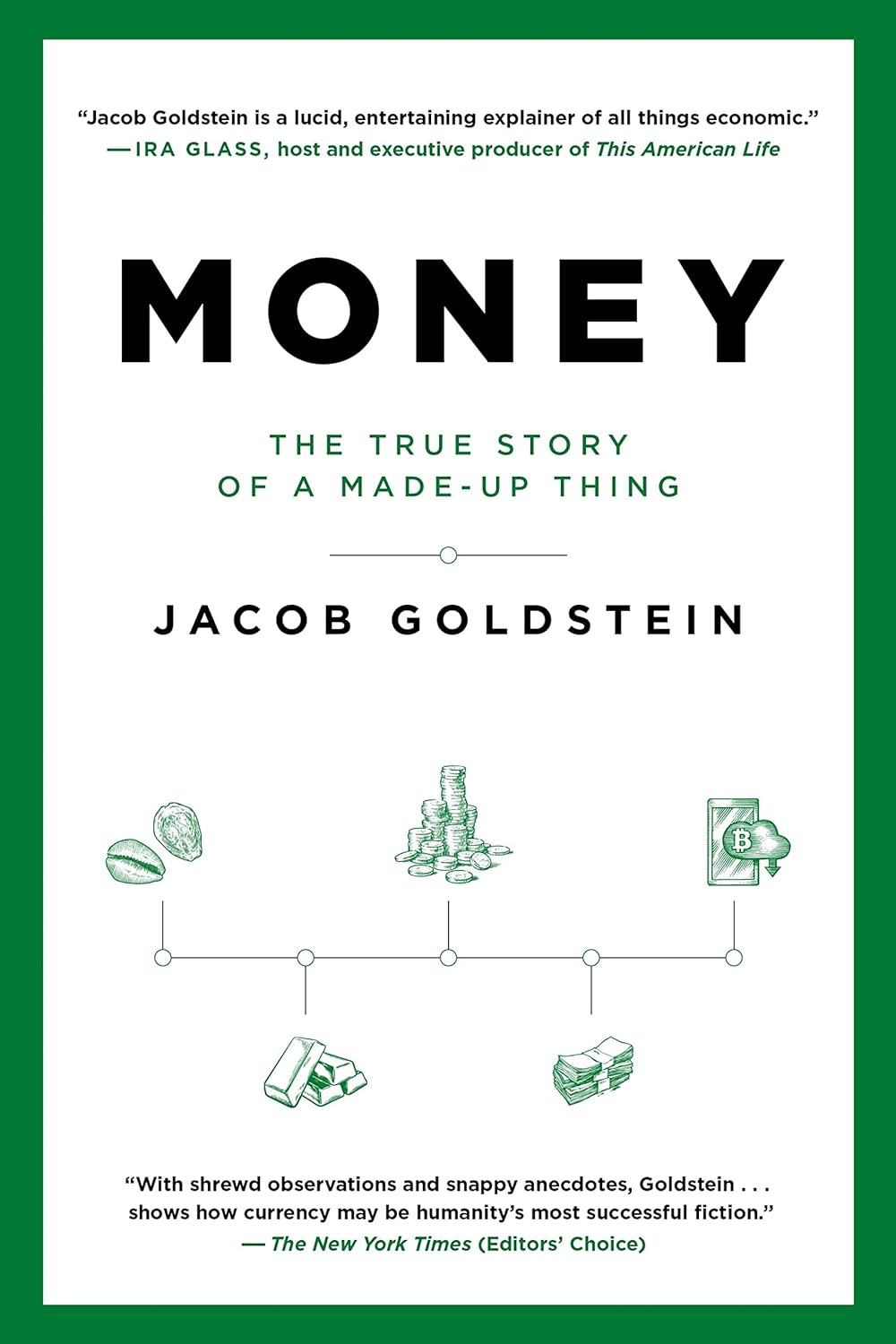
“Money”
Jacob Goldstein
“An entertaining history of what money is — and what aspired to be money but turned out not to be, often at a great loss to those who bet on it.”
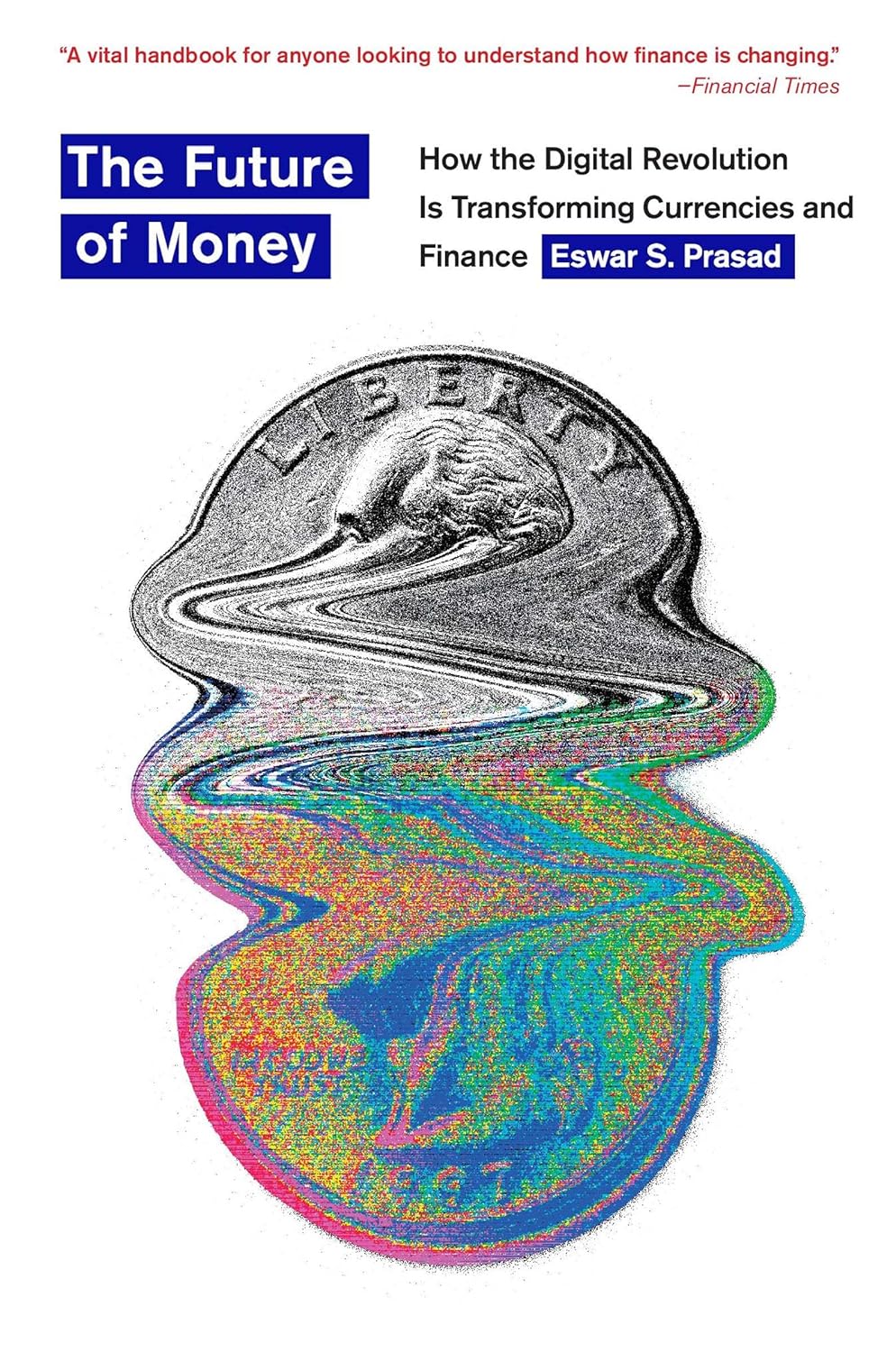
“The Future of Money”
Eswar S. Prasad
“The most reliable economic account of cryptocurrencies, providing a particularly balanced account of the pros and cons of central banks’ developing digital currencies to replace or complement traditional money.”
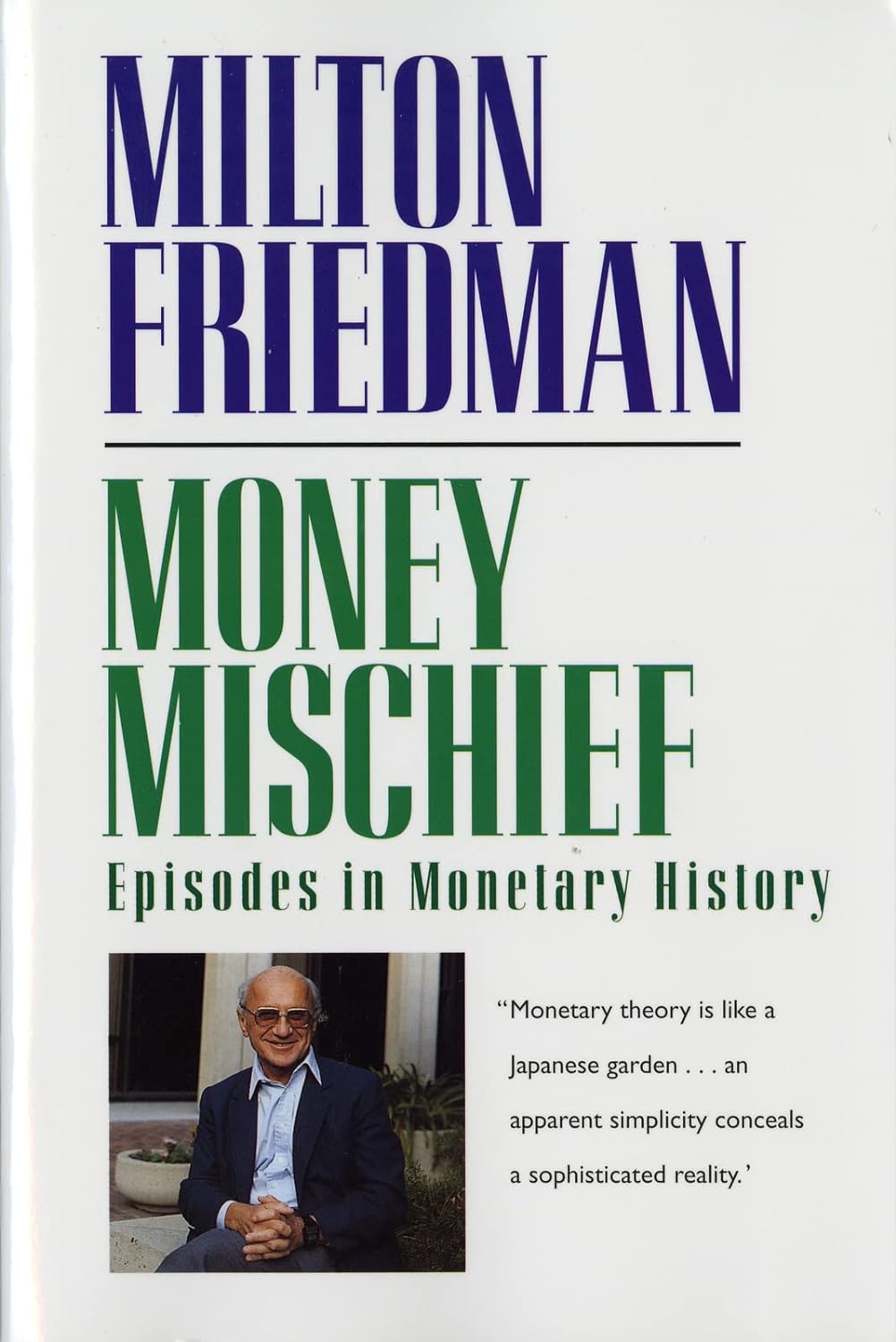
“Money Mischief”
Milton Friedman
“The leading postwar proponent of monetarism wrote scholarly books about money that were more important but probably not more entertaining.”
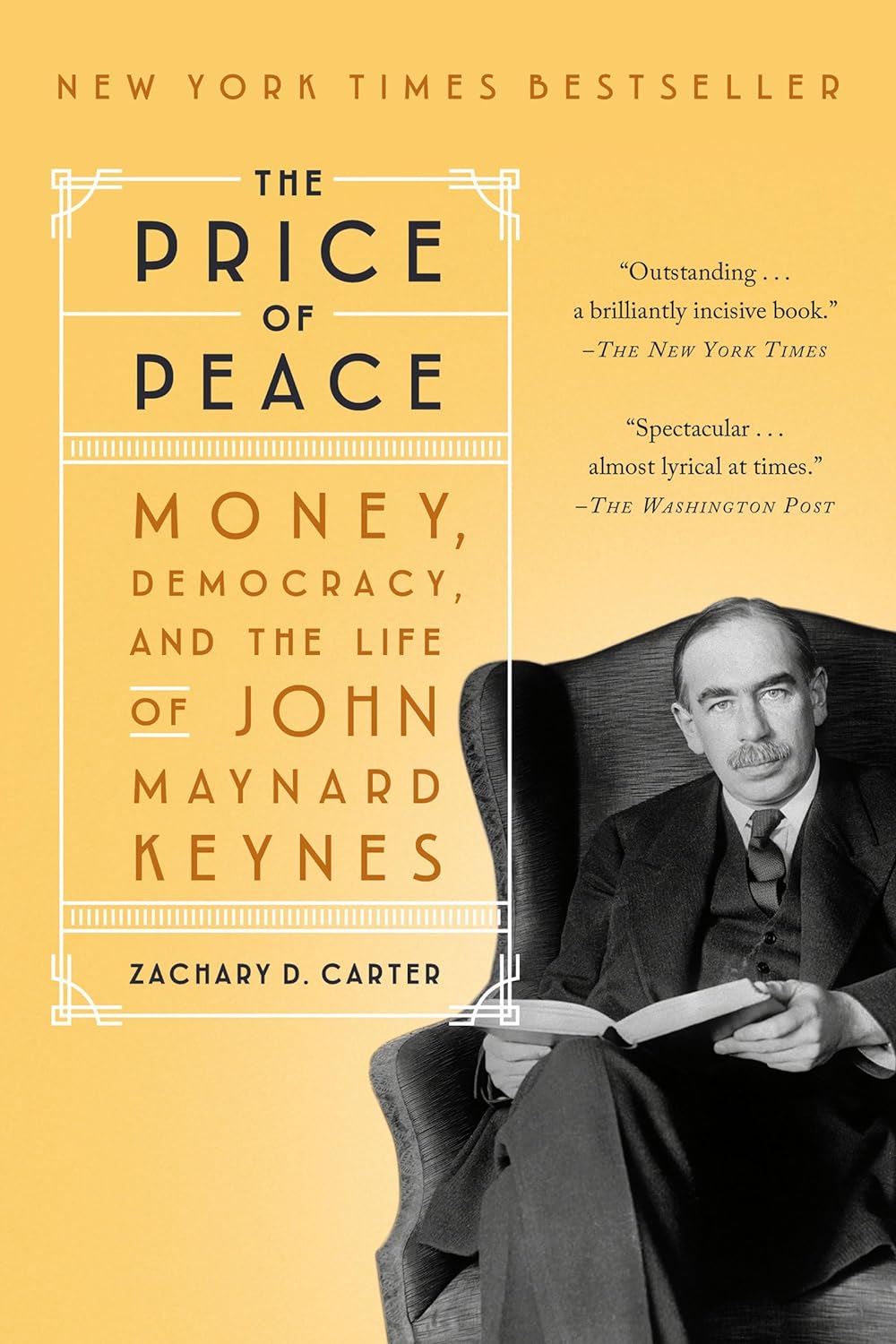
“The Price of Peace”
Zachary D. Carter
“Two-thirds of this book is a magnificent biography of John Maynard Keynes that does a good job explaining his important and wide-ranging thinking on how money affects the economy more broadly — not to mention issues of war and peace. The last third is about economic policy after the death of Keynes and is less reliable and nuanced.”

Kenneth S. Rogoff
Professor of Economics and Maurits C. Boas Chair of International Economics
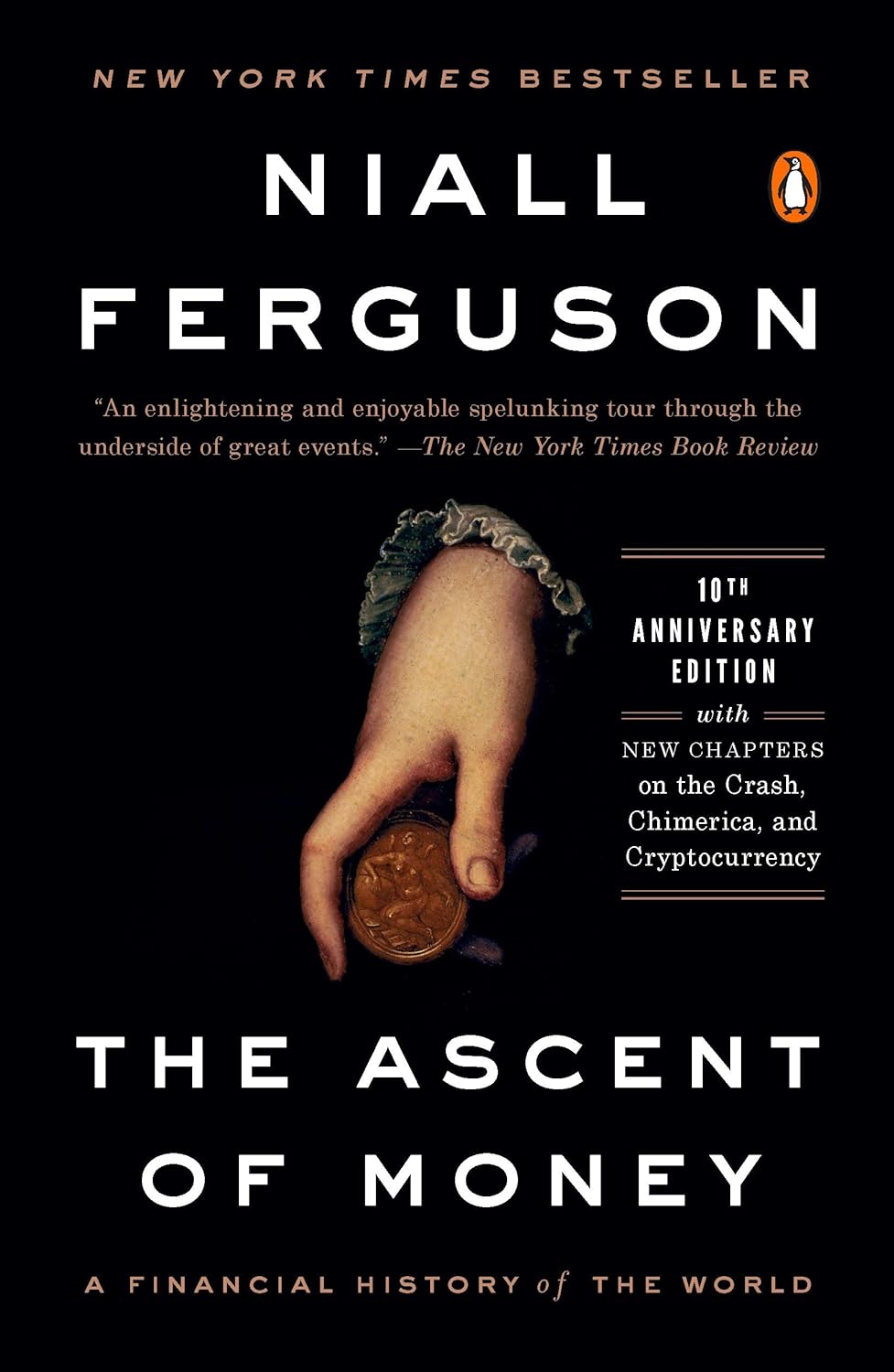
“The Ascent of Money”
Niall Ferguson
“Ferguson weaves the development of debt and finance through history and people, from ancient Mesopotamia to the modern global financial bank. As entertaining and eloquent as it is insightful, Ferguson’s breadth of knowledge across disciplines is remarkable, and the writing has wit and humor that is often sorely lacking in this space.”
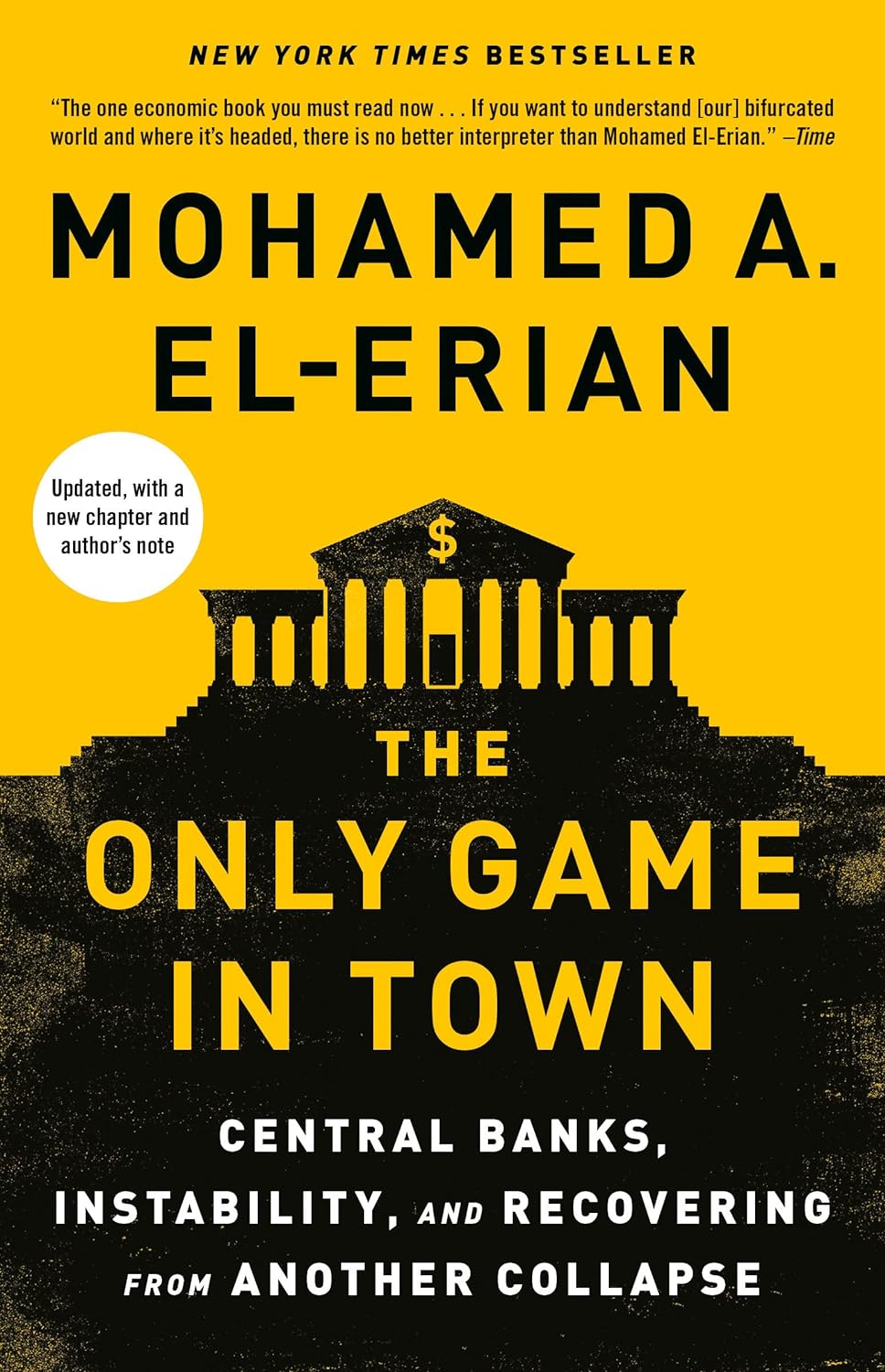
“The Only Game in Town”
Mohamed A. El-Erian
“For those who find central banking mysterious, El-Erian’s book gives an in-depth look at how, during the extended period of political paralysis that set in after the global financial crisis, central banks engaged not only in monetary policy but quasi-fiscal policy. With hindsight, it is clear that the effects of these efforts were often wildly overblown — so-called quantitative easing now appears to be largely smoke and mirrors — but nevertheless a very concise and eloquent exposition of the challenges and issues.”
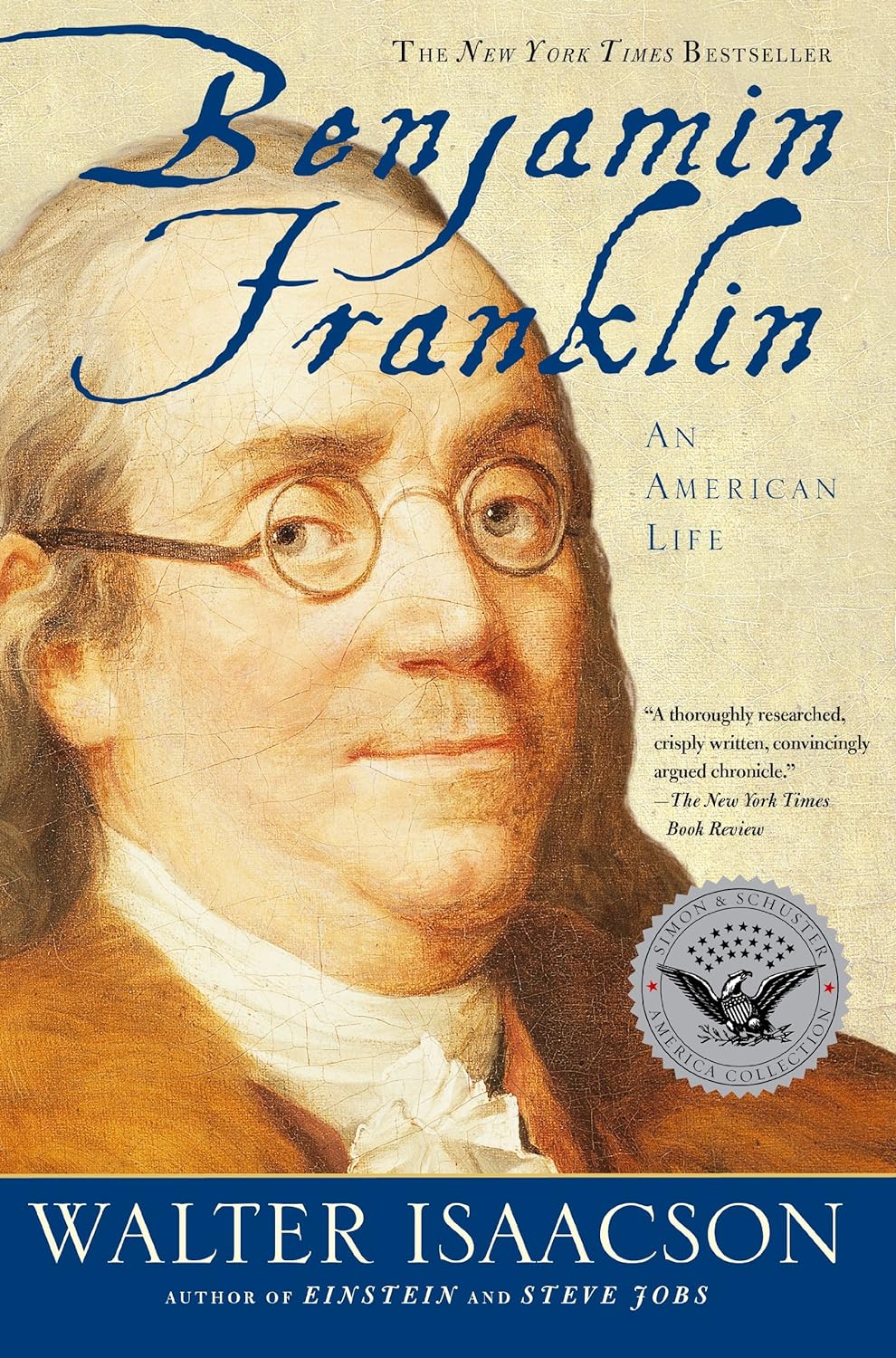
“Ben Franklin: An American Life”
Walter Isaacson
“A sweeping view of Franklin’s life, it also explains how he was way ahead of his time in bringing the newfangled invention of paper currency to the colonies, earning a living as the official money printer for both New Jersey and Pennsylvania. Money has always been at the cutting edge of technology, just as it is with digital currencies today. Among his many other skills, Franklin was also, by all accounts, the best chess player in North America in his day.”
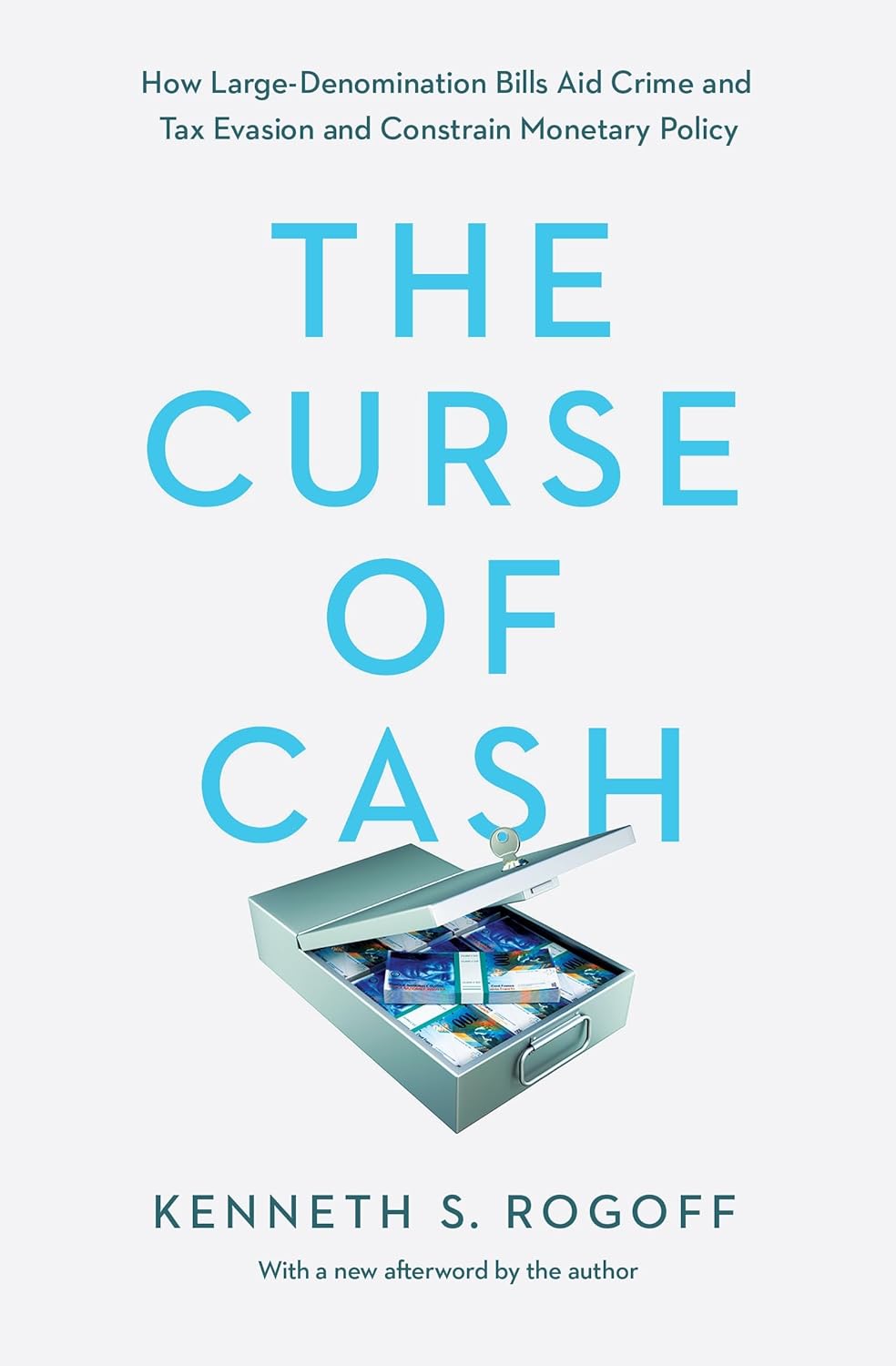
“The Curse of Cash”
Kenneth S. Rogoff
“I would be remiss not to mention my own book on the past, present, and future of coinage, currency, and digital currencies. A guiding theme is how— although innovation in transactions technologies almost invariably emanates from the private sector — in due time the government invariably regulates and often appropriates, whether it be the electrum coins of ancient Lydia or the flying money of ancient China that eventually morphed into the tree-bark money Marco Polo discovered upon arriving in the Yuan dynasty. The book suggests that the same trajectory awaits today’s digital currencies.”

Claudia Goldin
Henry Lee Professor of Economics; Lee and Ezpeleta Professorship of Arts & Sciences
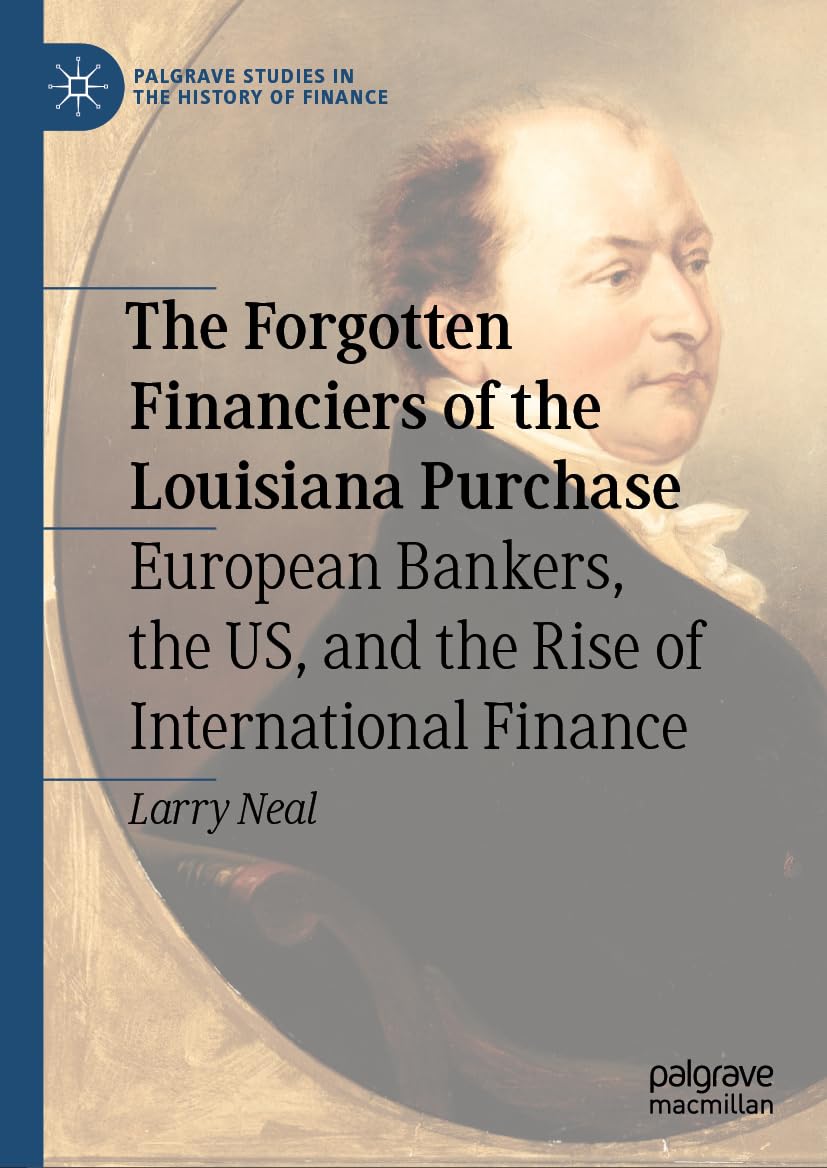
“The Forgotten Financiers of the Louisiana Purchase”
Larry Neal
“Lots of intrigue, fascinating finance — should be a PBS special. We think of a land purchase of that scale as a diplomatic issue, but the United States had to pay for it. How did they do it? Through the Barings, a banking family that, for a while, was more powerful than the Rothschilds.”
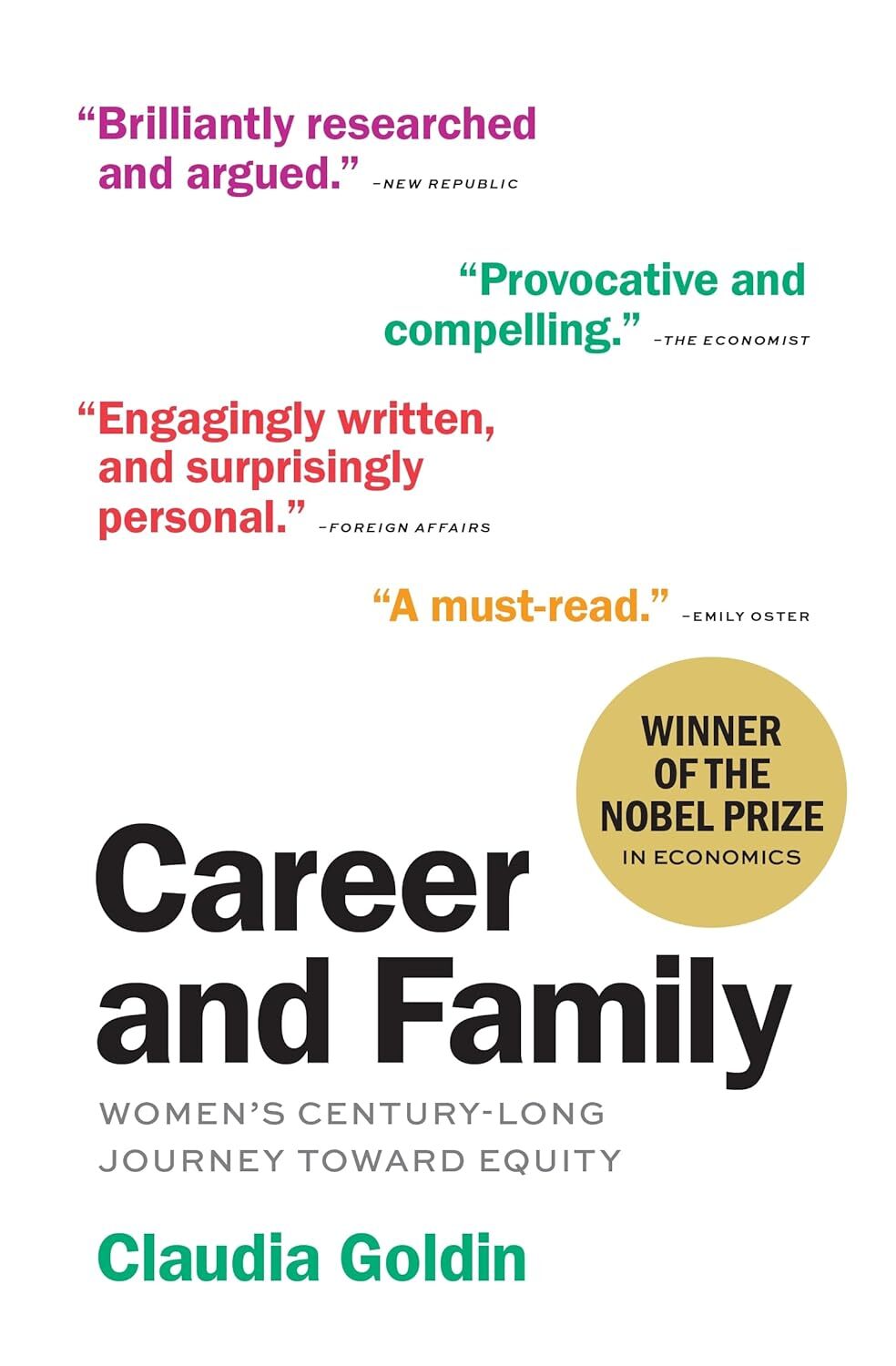
“Career and Family”
Claudia Goldin
“The book concerns the increased desire of college-graduate women across the past 120 years to achieve both family and career — the great strides that have been made, but also how the quest has often been stymied by the economic marketplace.”




